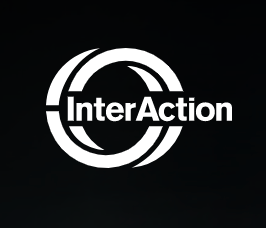August 19 marks the day in 2003 when a bomb ripped through U.N. Headquarters in Baghdad, killing 22 women and men.
World Humanitarian Day commemorates humanitarian workers killed and injured in the course of their work, while honoring all who continue, despite the odds, to provide lifesaving support, services, and protection. With the COVID-19 pandemic as a backdrop, climate shocks and conflict are contributing to historic levels of emergencies and widening inequality. Humanitarian needs are greater than any time since WWII, and aid workers are being targeted more than any other time on record, making a dire situation worse. Health facilities, humanitarian supplies, and convoys in countries around the world are being destroyed. As of mid-August, 78 aid workers have been documented as murdered in 2021 alone. Humanitarian action is not only faced with rising insecurity and violence, increasing authoritarianism, and lack of respect for international humanitarian law—it faces an upward trend in restrictive measures which impede non-governmental organizations’ (NGOs’) ability to operate in humanitarian settings.
The full briefing from InterAction is available on the left.
